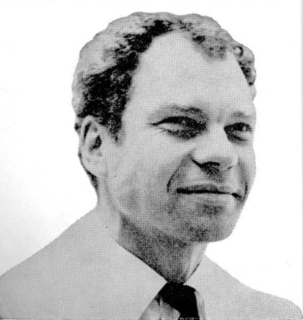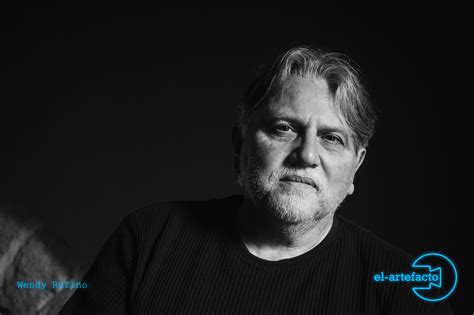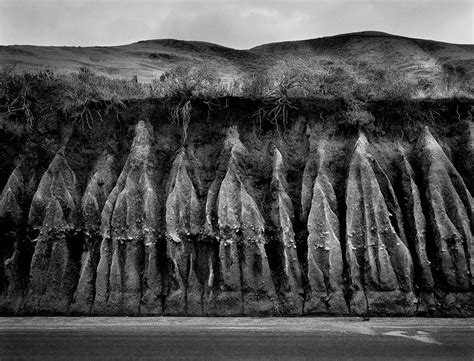A Quote by Douglas Coupland
I decided at 40 I was wasting entire chunks of my brain and didn't want to blow my one chance on Earth. I'm glad I made that decision. Writing is largely about time, while visual art is largely about space. Sometimes, as with film, you can hybridize, but I think it's basically the space part of my brain wanting equal footing with the time part.
Related Quotes
I sometimes ask myself how it came about that I was the one to develop the theory of relativity. The reason, I think, is that a normal adult never stops to think about problems of space and time. These are things which he has thought about as a child. Bu t my intellectual development was retarded,as a result of which I began to wonder about space and time only when I had already grown up.
There have been times when I'm writing about things that are personally embarrassing. Like any human being, sometimes I can't help but wonder - 'What are the people I know going to think about this?' So I have to remind myself that all is permissible. Art has to be a free space. Language has to be a free space.
To speak technically photography is the art of writing with light. But if I want to think about it more philosophically, I can say that photography is the art of writing with time. When you capture an image you capture not only a piece of space, you also capture a piece of time. So you have this piece of specific time in your square or rectangle. In that sense I find that photography has more to do with time than with light.
Everything is super personal. Basically all of the songs are 'this is my life and what I feel about it.' That's how my brain works and thinks about things. It's really strange because I never really think about what I want to write about - it sort of just comes out. I literally say whatever is in my brain.
There is nothing mysterious about space-time. Every speck of matter, every idea, is a space-time event. We cannot experience anything or conceive of anything that exists outside of space-time. Just as experience precedes all awareness and creative expression, the visual language of our photographs should ever more strongly express the fourth dimensional structure of the real world.
As one grows older, the sense of separateness is slowly reduced. Old people do not live on an ego level. Their concerns are not about their individuality but about the river of life, the family, the community, the nation, people, animals, nature, life. They can die easily if they are assured that life will continue positively, for they feel part of the river again, and soon they will be part of the ocean. When they are very old, they no longer belong to our time and space, but to all time and all space.
In the field of consciousness research-and also in physics and astronomy-we are breaking past the cause-and-effect, mechanistic way of interpreting things. In the biological sciences, there is a vitalism coming in that goes much further toward positing a common universal consciousness of which our brain is simply an organ. Consciousness does not come from the brain. The brain is an organ of consciousness. It focuses consciousness and pulls it in and directs it through a time and space field. But the antecedent of that is the universal consciousness of which we are all just a part.
The pace at which science has progressed has been too fast for human behaviour to adapt to it. As I said we are still apes. A part of our brain is still a paleo-brain and many of the reactions come from our fight or flight instinct. As long as this part of the brain can take over control the rational part of the brain (we will face these problems).






































